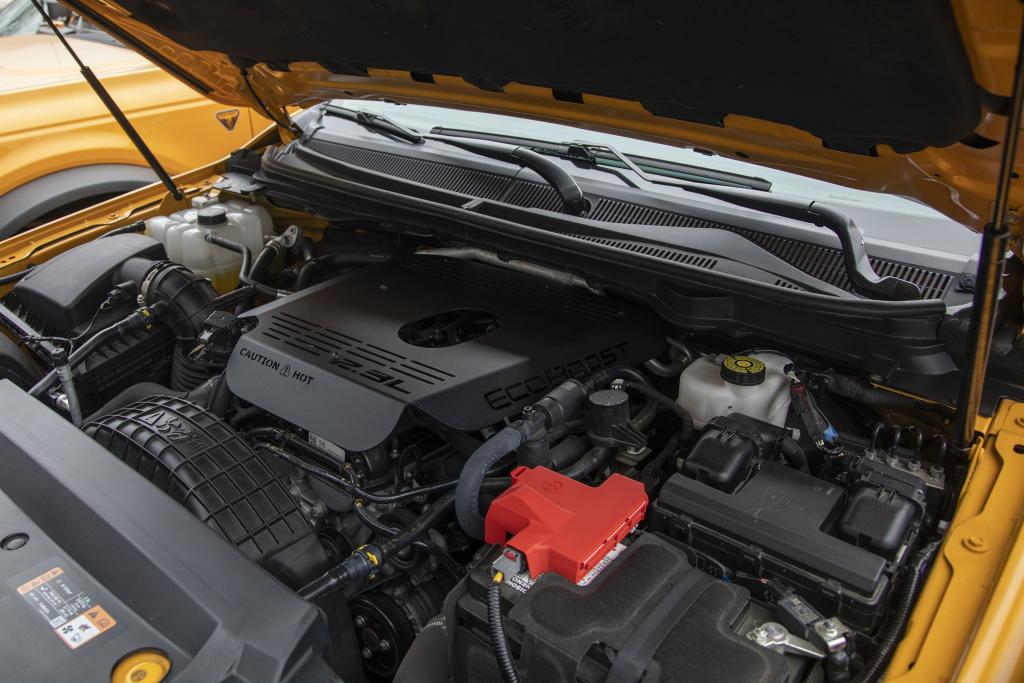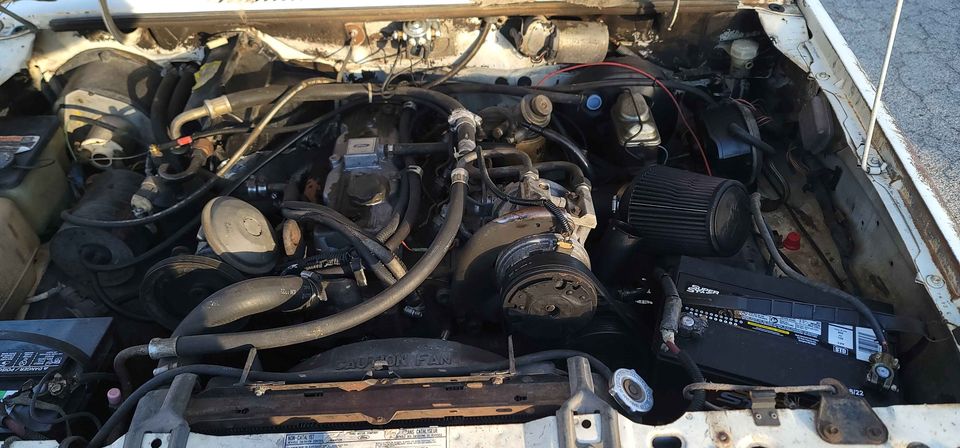What Makes a Car Engine Run Smoothly: Top Tips for Optimum Treatment
The smooth operation of a vehicle engine is fundamental to both performance and long life, making optimum treatment a crucial duty for automobile owners. What particular steps should you focus on to ensure your engine remains in peak problem?
Normal Oil Adjustments
One of the most crucial facets of cars and truck maintenance is ensuring your engine obtains routine oil changes. Engine oil lubes inner elements, decreases rubbing, and assists maintain optimum operating temperature levels. In time, oil degrades as a result of warm, pollutants, and the natural by-products of combustion, resulting in minimized efficiency and possible engine damage.
Most suppliers advise changing the oil every 5,000 to 7,500 miles, yet this interval can differ based on driving problems and oil kind. For example, artificial oils may permit longer intervals in between changes. Routine oil adjustments not only enhance engine efficiency but likewise boost fuel effectiveness, as clean oil advertises smoother operation.
Ignoring oil changes can lead to sludge build-up, which impairs flow and can bring about severe engine issues. It is crucial to examine oil levels consistently and keep track of for any kind of uncommon changes in color or consistency, which might indicate contamination or deterioration.
Maintaining Coolant Levels
Maintaining proper coolant levels is vital for stopping engine getting too hot and making sure optimum efficiency. The coolant, typically a mix of water and antifreeze, distributes with the engine, taking in heat and avoiding thermal tension. Inadequate coolant can result in enhanced engine temperatures, which may cause severe damages and even complete engine failing.
To preserve optimal coolant levels, regularly check the coolant storage tank, normally found in the engine bay. Guarantee the coolant is filled to the recommended mark, as shown in your lorry's proprietor handbook. It is recommended to check the degrees at the very least once a month or soon journeys, particularly during severe climate condition.
If you notice that the coolant degree is constantly low, there might be a leakage in the cooling system, which should be resolved immediately to avoid further difficulties. 2.2 ford ranger engine. Furthermore, flushing the coolant system every a couple of years can aid remove any type of collected debris and make certain reliable warmth exchange
Checking Air Filters

It is advised to check the air filter every 12,000 to 15,000 miles, or more often if driving in messy or unfavorable conditions. A basic visual evaluation can usually disclose whether the filter is dirty or harmed. It needs to be changed quickly. if the filter shows up blemished or has visible dirt accumulation.
Utilizing a high-quality air filter developed for your certain automobile version can further enhance engine performance. Additionally, some automobiles might gain from reusable filters that can be cleaned and reinstalled, offering a ecologically pleasant and affordable choice.
Inspecting Spark Plugs
Ignition system are crucial parts of a lorry's ignition system, straight affecting engine performance and performance. They develop the stimulate that fires up the air-fuel mix in the combustion chamber, facilitating the engine's power generation. Regular examination of ignition system is vital for preserving optimal engine feature click and stopping prospective issues.
Throughout an why not try this out examination, try to find signs of wear or damages, such as fractures, carbon build-up, or extreme gap widening. A healthy and balanced spark plug normally displays a brown or tan color. Dark residue or oil down payments can indicate incorrect burning, while a white or blistered appearance may recommend overheating. Both conditions need immediate interest to avoid more engine damages.
It's a good idea to inspect ignition system every 30,000 miles, or as suggested in your vehicle's proprietor manual. Additionally, think about changing them according to the maker's guidelines, as old or worn ignition system can result in misfires, lowered gas efficiency, and boosted exhausts.
Tracking Tire Pressure
Under-inflated tires can lead to decreased fuel performance, increased tire wear, and endangered handling. Normal monitoring of tire pressure is necessary for optimum automobile operation.
Tire stress must be checked at least once a month and soon trips. Make use of a dependable tire stress gauge to determine the stress when the tires are cool, preferably prior to the lorry has been driven for at least 3 hours. Refer to the automobile's owner manual or the placard situated on the motorist's side door jamb for the manufacturer's suggested stress degrees.
It is crucial to note that tire stress can vary with adjustments in temperature level; a decline of 10 click to investigate ° F can result in a 1-2 psi decrease in pressure. Additionally, aesthetically inspect tires for any type of indicators of wear or damages during your surveillance routine. Preserving appropriate tire pressure not just enhances automobile safety but also boosts fuel performance and extends tire life, inevitably adding to a smoother engine performance.
Final Thought
Finally, preserving an automobile engine's smooth operation requires diligent focus to several crucial elements. Normal oil changes, proper coolant levels, clean air filters, properly maintained ignition system, and optimal tire stress jointly contribute to enhanced performance and longevity. Abiding by these upkeep methods not only enhances fuel effectiveness yet likewise promotes a safer driving experience. Inevitably, an aggressive method to engine treatment is necessary for guaranteeing reliability and performance with time. 2.2 ford ranger engine.
One of the most crucial aspects of car upkeep is ensuring your engine receives routine oil adjustments. Engine oil lubricates internal components, lowers rubbing, and assists preserve optimum operating temperature levels. Regular oil adjustments not just boost engine performance but also enhance fuel efficiency, as tidy oil promotes smoother operation.
Insufficient coolant can lead to boosted engine temperatures, which may cause severe damage or even overall engine failing.
